DIRECT PRESS October 2021: NATURAL AUSTRIA
NATURAL AUSTRIA
Good, clean fun

Anna and Martin Arndorfer in the Kamptal region of Austria. Their wines are a great example of the crowd-friendly profile found in the country's best natural wines. The Arndorfers' shift from more technical wines to a more hands-off approach mirrors the changes in the larger Austrian wine scene in the past two decades. Illustration by Jonathan Kemp
Select your option below to view the wines members will be receiving this month.
PRESS 4 MIX
PRESS 4 RED
PRESS 4 WHITE
PRESS 2
View Previous Months' Selections
We know that not everyone likes the really funky wines that are increasingly out there on shelves and on wine lists. That's one reason that we've tried to include a mix of more classic profiles with some more adventurous ones in wine club. This month we decided we could focus more exclusively on natural wines from Austria — by and large, they are producing natural wine with less funk, so these shouldn't be too polarizing. Looking at Austria's recent winemaking history is also a great way to talk about the natural wine movement in general.
Austria was home to one of the biggest wine scandals in the 20th century, highlighting the dangerous excesses of mass-production. Before the scandal broke in 1985, a lot of Austrian wine production was geared towards cheap, sweet wines for the West German market. In poor vintages it was challenging to keep up with the demand, and a few wineries began adding diethylene glycol — a toxic chemical used in antifreeze — to enhance wines from bad years. Even though this was determined to be limited to a few of the biggest producers of bulk cheap wine, it destroyed the reputation of Austrian wine all over the world. Sales did not rebound to pre-scandal levels until 2001.
Fast-forward to 2021 and Austria has some of the most sought-after natural wines in the world. Gut Oggau, with their Instagram-ready labels, are maybe the most famous, but Meinklang (4 Mix, 4 White) is doing a great job of making clean, natural wines available and accessible to everyone. Their large, 2000 hectare Biodynamic mixed farm is home to herds of cows, fruit trees, ancient grains, and vegetables as well as 70 hectares of grape vines. It's a complex operation to be sure, but one that is self-sufficient and independent. It is really showing the potential for natural wine as not just a niche category but something that suggests how to scale up natural farming and winemaking to truly compete with large industrial producers. Quite the opposite of adding lethal chemicals to fulfill German supermarket contracts per the 1985 scandal, Meinklang's sustainable, Biodynamic wines can now be found in better grocery stores in the US, which is a very good thing if others can follow their lead.
After 1985, Austria abandoned their German-style labeling, and began focusing on dry wines. This has made their wines far more accessible to American consumers than their German counterparts. But Austrians kept Germany's modern approach to winemaking, using reductive techniques, stainless steel, and plenty of sulfur. Now this overly-sterile approach is starting to subside a bit, but Austrian natural wines are often still cleaner than those from Italy or France, which is not an unwelcome feature for most wine drinkers.
Martin Arndorfer (4 Mix, 4 White, 4 Red) is a perfect example of the shift in approach. When he returned to his family's estate in the early 2000s after attending winemaking school, he started ramping up the sulfur addtions, oak use, and other cellar manipulations he had been taught, even though his father had gotten by without these methods. After a decade, however, Martin began realizing the wines didn't need such a heavy-hand.
I suspect that these changes are appreciated far more by wine drinkers in New York, London, Paris, Berlin, and Sweden than they are by Austrians themselves. The people we're featuring are still on the fringes. I have family living in Austria, and I'm always impressed by how easy it is to find affordable, organic, local food even at gas stations and late-night convenience stores. It's kind of hard to find really bad food there, and the threshold for wine is similar. The bad stuff isn't really that bad. For many Austrians, you can spend €4 on a bottle and move on with your life; anything more aspirational is largely viewed as snobby. We should all be so lucky to live in a place where you take for granted things like healthy food and good wine for cheap.
As an American, though, I can more clearly see how positive the growing natural wine scene is in Austria compared to other countries — and how many of these wines are catching on here in Brooklyn. There's a mix of passion and precision in Austrian natural wines that is downright irresistible. Is there a direct line from the 1985 antifreeze scandal to Sepp and Maria Muster's skin-contact Sauvignon Blanc? Who knows, but there's certainly a humility and self-deprecating attitude among all of the Austrian winemakers I've met. One of my favorite things about natural wine is how it can break down old barriers and strip away artifice. In a country with old, deeply-held traditions like Austria, I feel like the winemakers we're featuring this month have not only torn down the old walls but have been actively building new bridges.
Prost!
Jonathan und Kirk
|
|
|
|
|

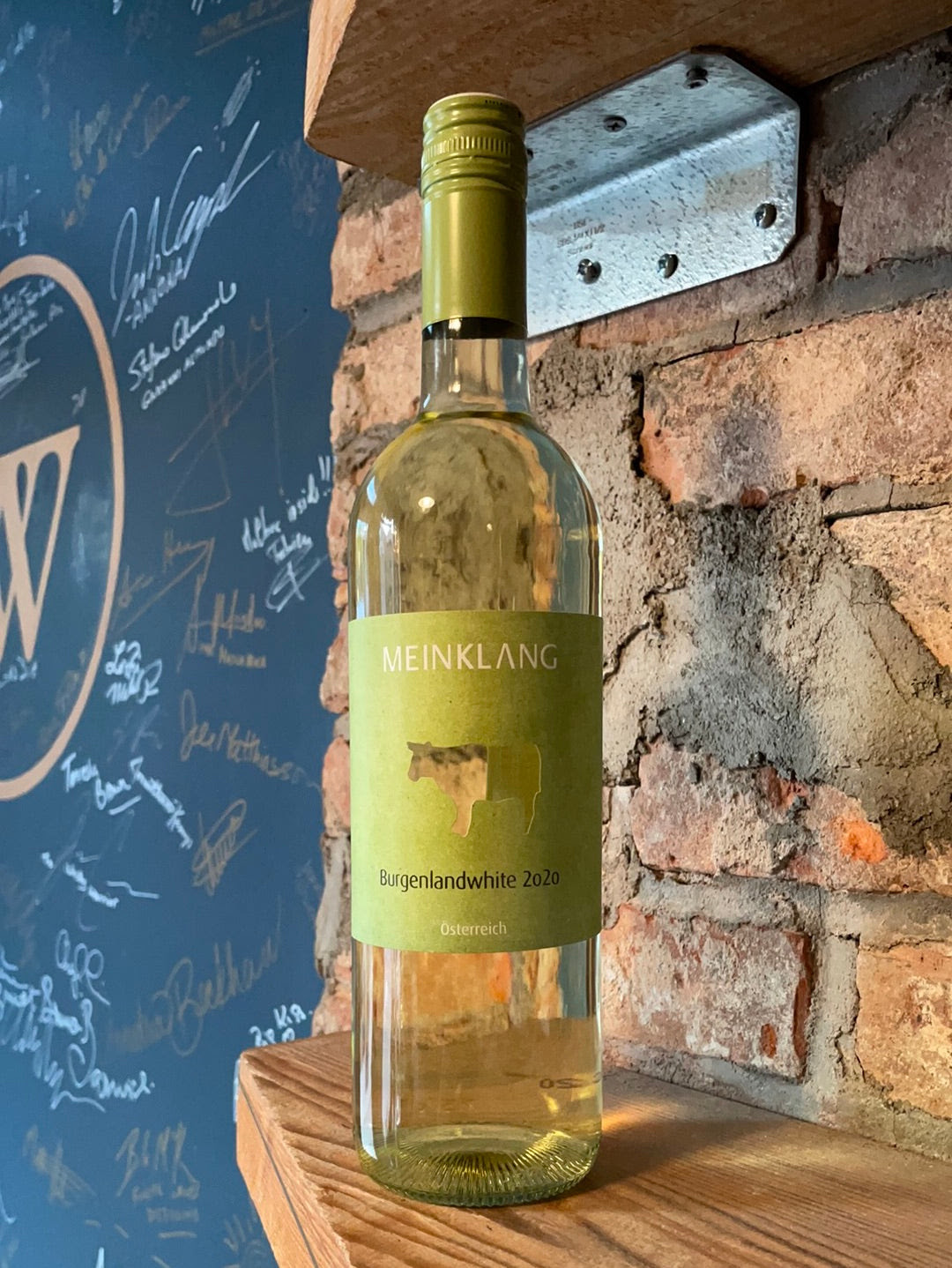

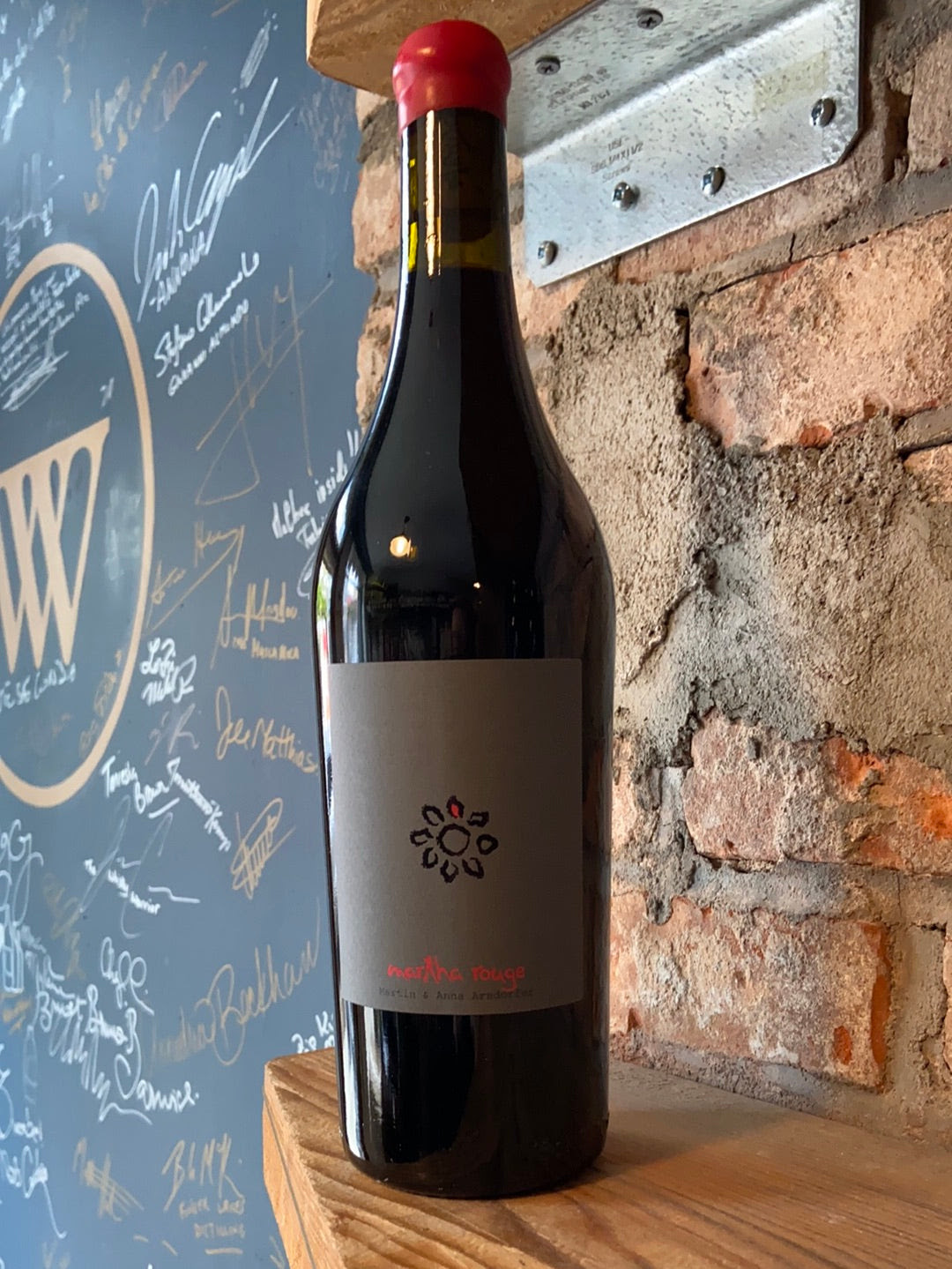
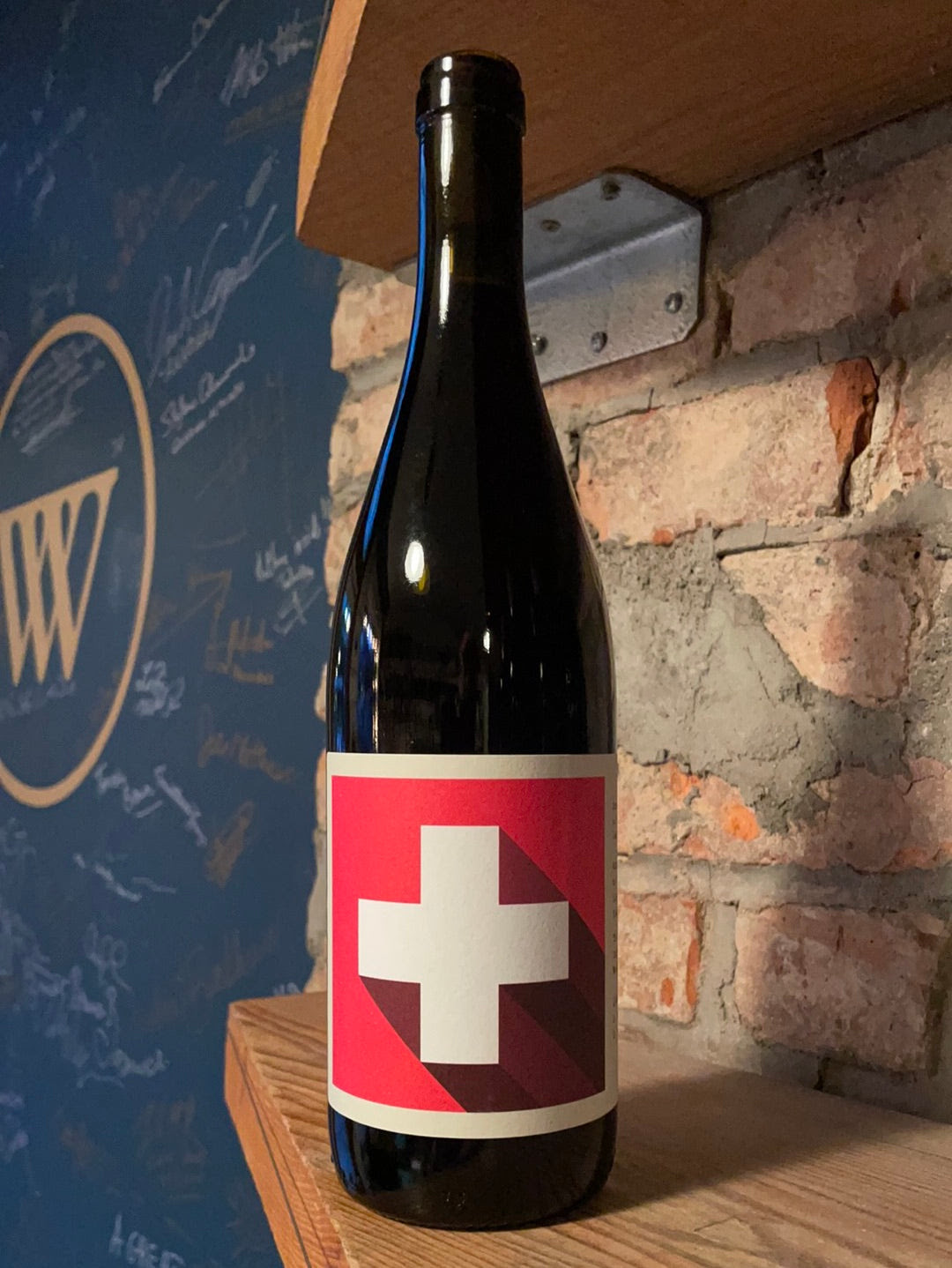
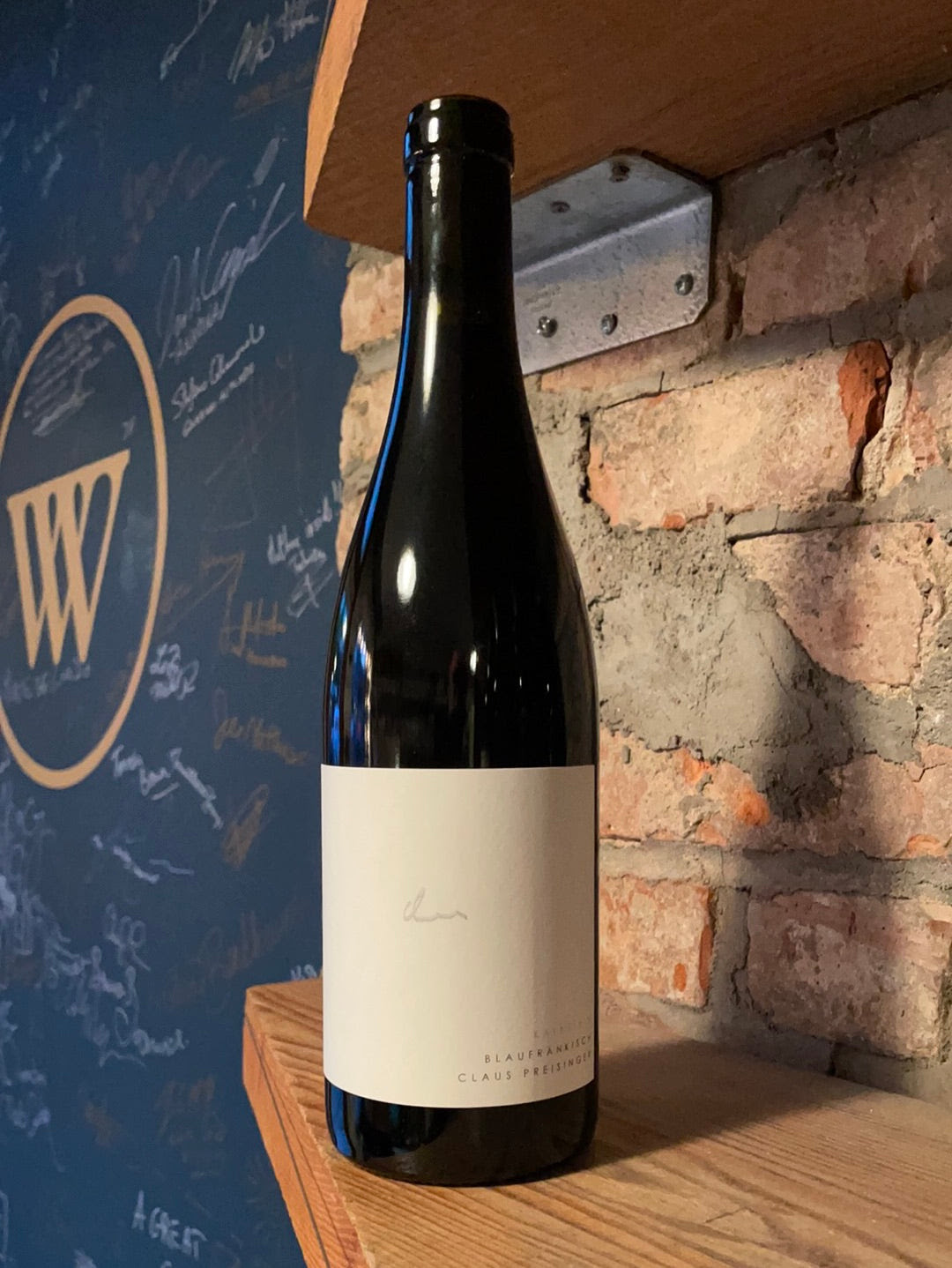
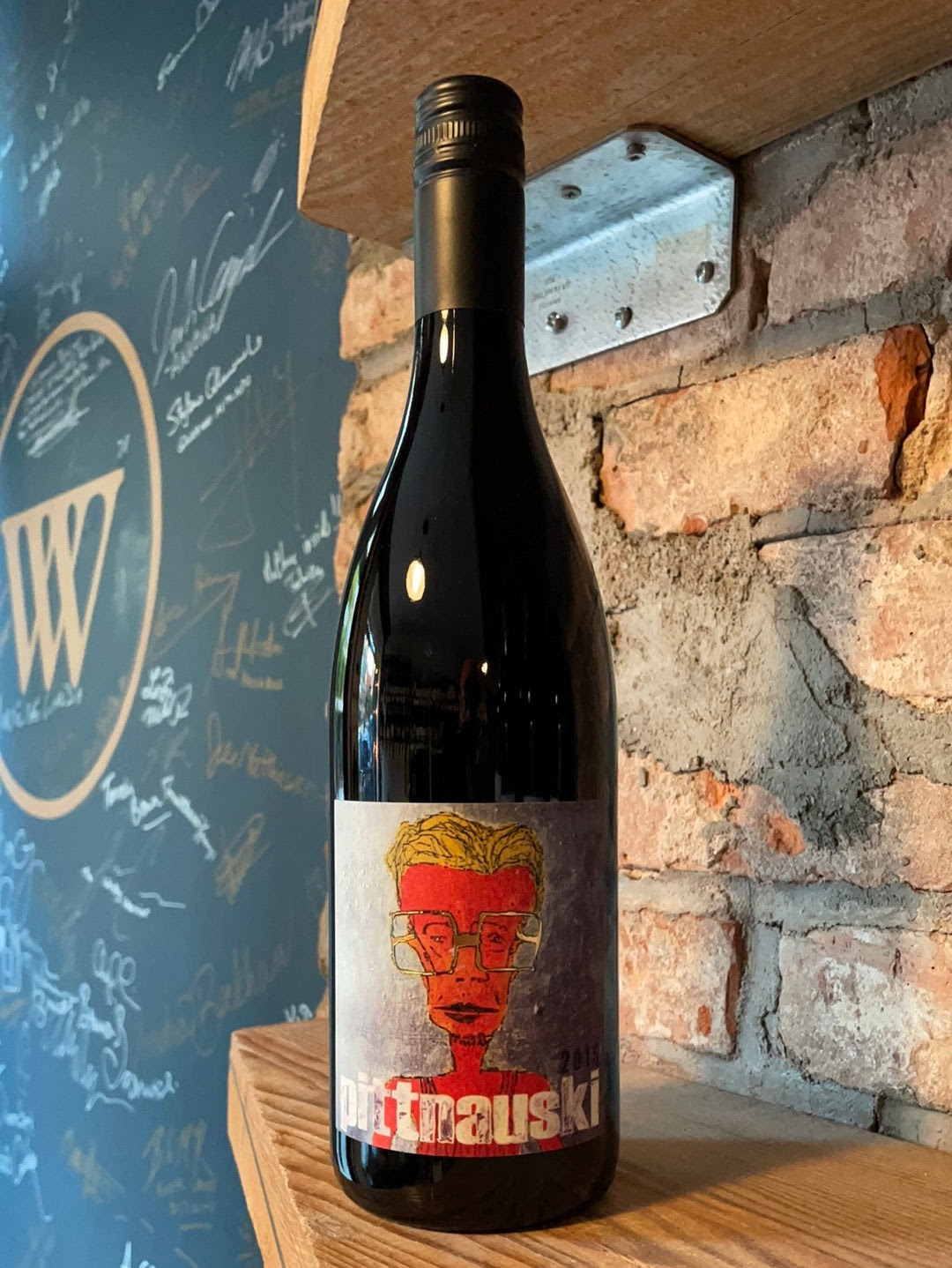
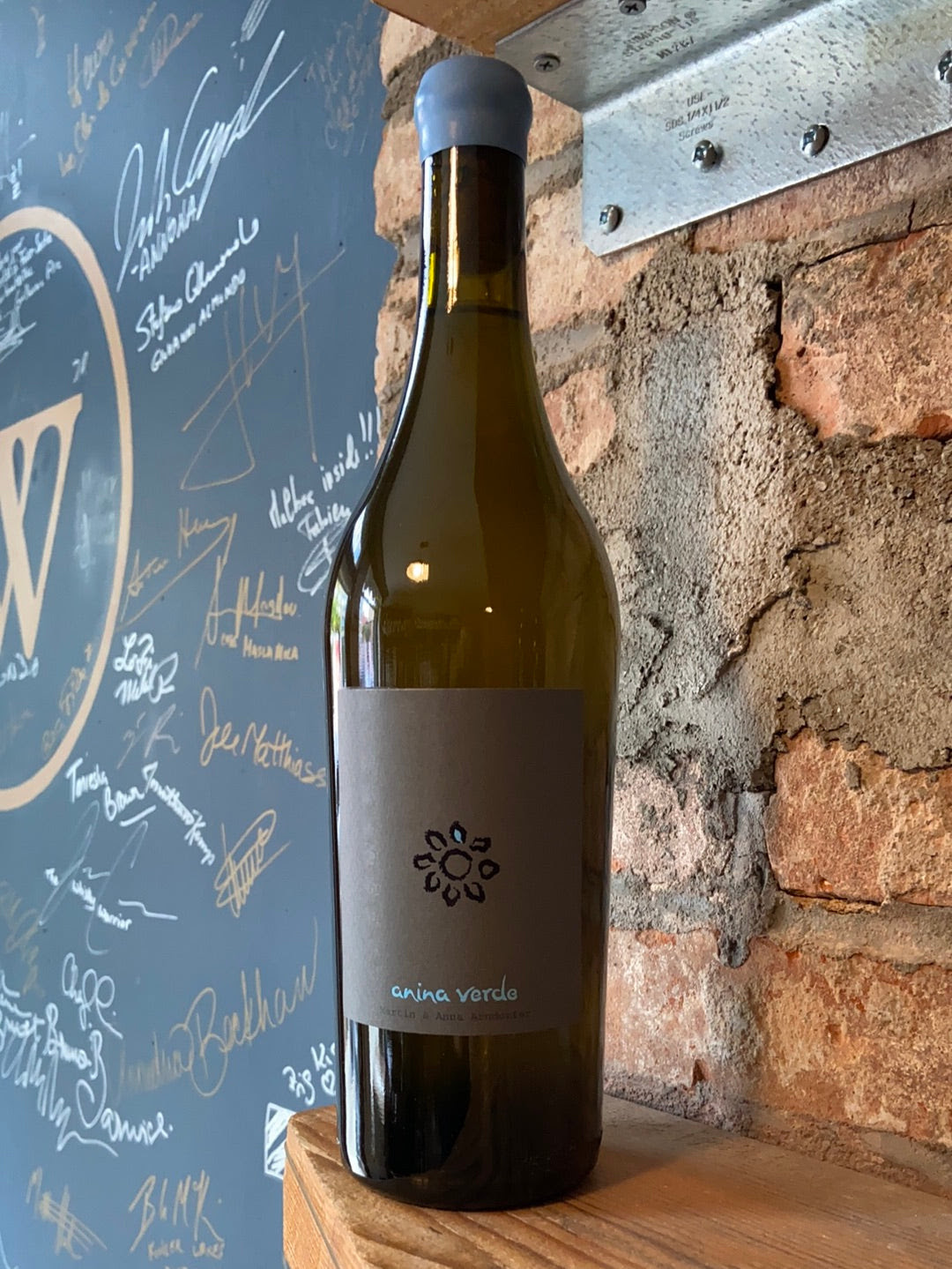
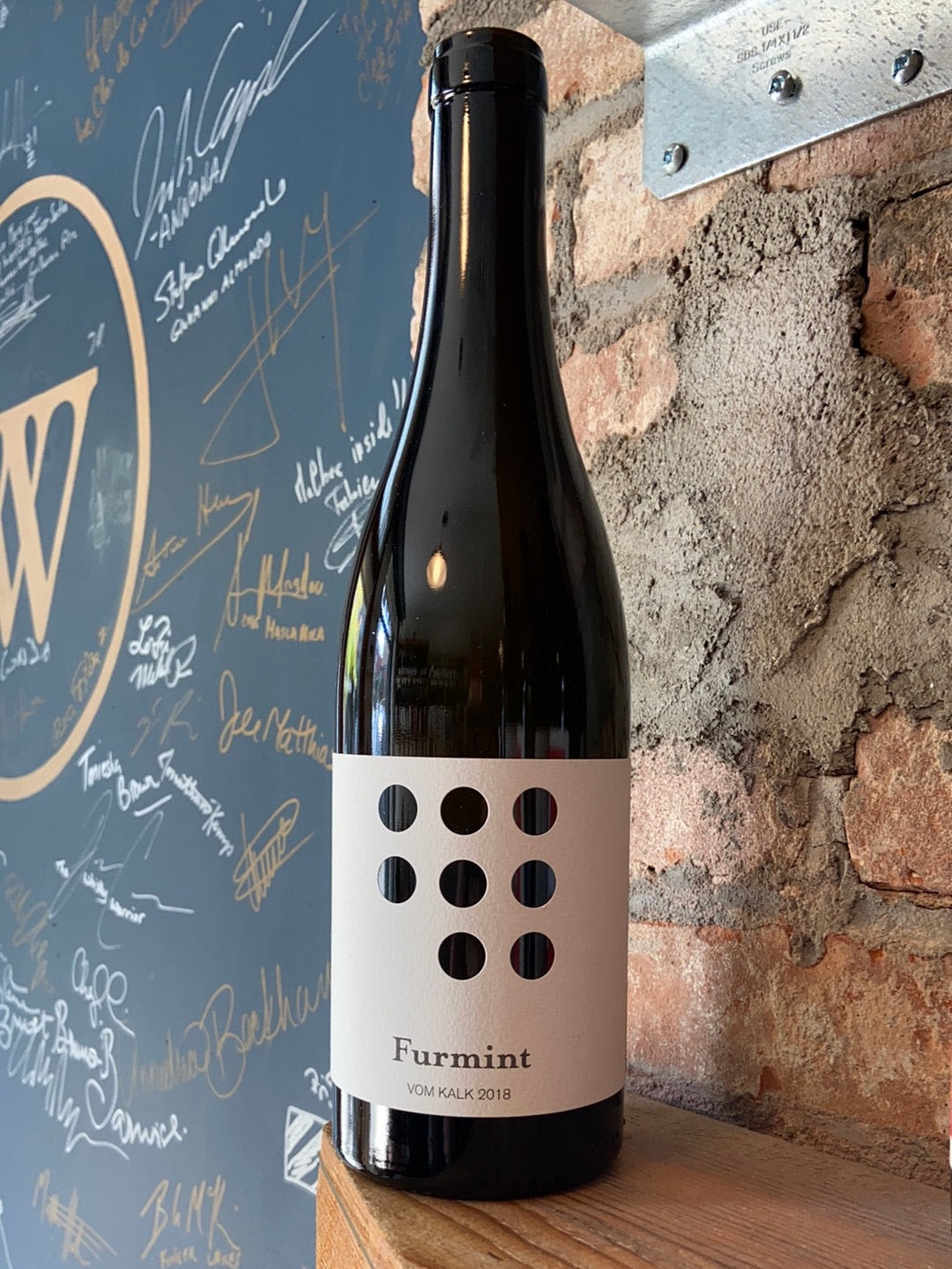
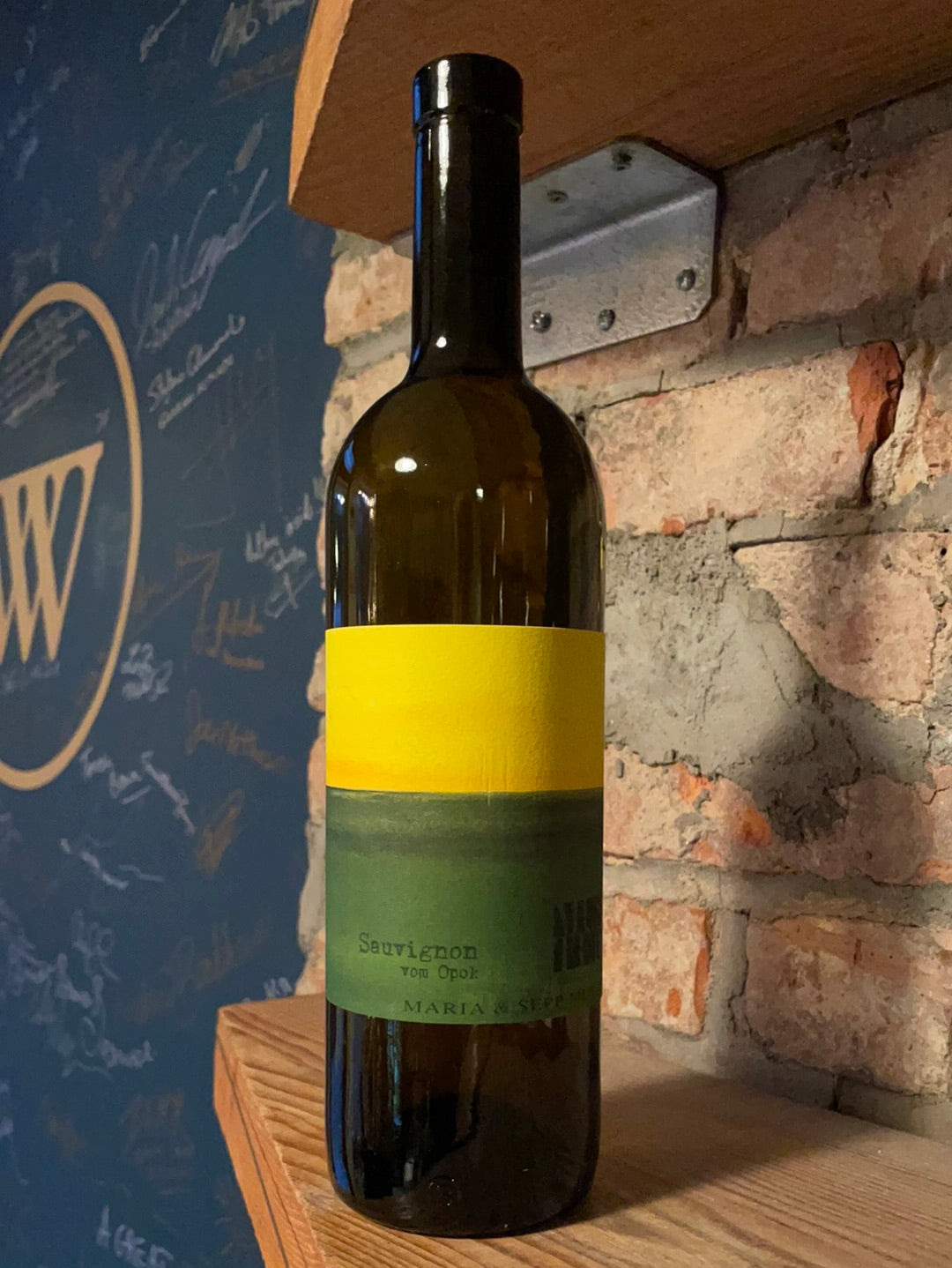




Leave a comment